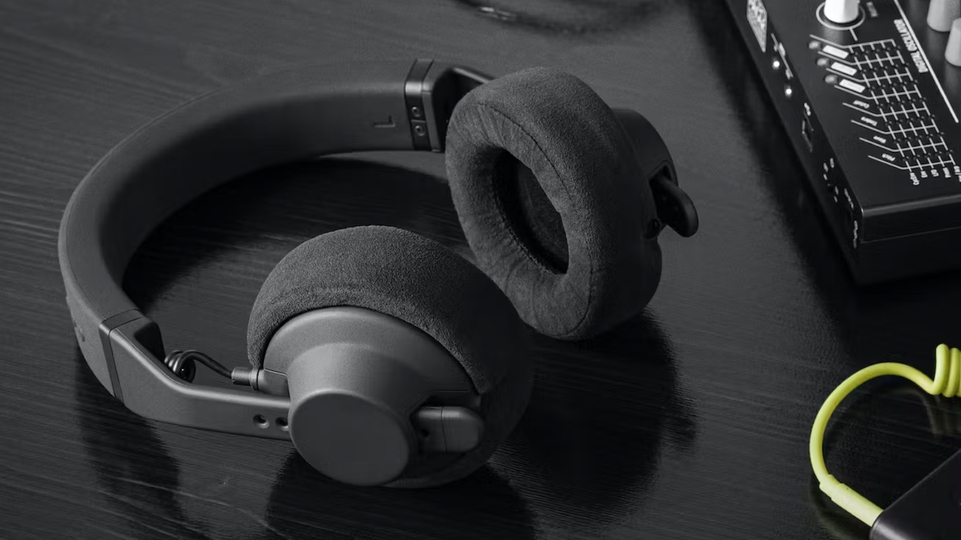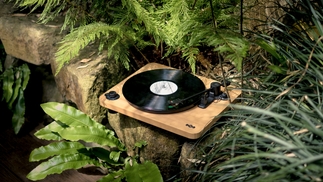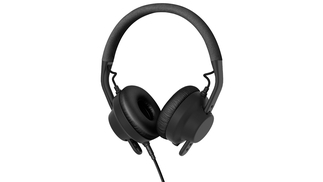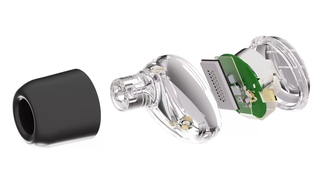AIAIAI introduces lifetime trade-in service to combat electronic waste
The Headphones for Life initiative aims to create "conditions where users will only need to invest in one pair of headphones for life"

AIAIAI has introduced a lifetime trade-in service in order to combat electronic waste.
The Headphones for Life initiative allows you to trade in any of the Danish audio company's TMA-1 or TMA-2 headphones or components, regardless of when you bought the product. In return, you will get credit towards your next AIAIAI purchase.
"As part of AIAIAI’s ongoing commitment to responsible design, we are continuing to examine the ways in which our products contribute to electronic waste, and how we can address our impact in this area," a press release announcing the initiative said. "This means evolving our understanding of the needs of our community and our environment, and how our products can serve them. We are therefore focusing on creating the conditions where users will only need to invest in one pair of headphones for life.
"We believe that everyone deserves a product that will allow them to experience music in the best way possible, and without the need to constantly buy new versions."
According to AIAIAI, a 2021 report by the Green Music Initiative estimated that the European music industry generated around 350,000 metric tons of CO2 emissions and 114,000 metric tons of waste in 2019.
Find out more about the Headphones for Life initiative and how to become an AIAIAI member here.
This new initiative follows the company's recent sustainability drive, which launched in December 2022. Named Remixed, it gives consumers the opportunity to trade in, repair and repurpose their used headphones with the aim of reducing electronic waste.
The launch of the 2022 drive followed a report from the Environmental Protection Agency (EPA) that highlighted the impact of electronic waste; one of the fastest-growing waste streams globally, with millions of tons of "e-waste" generated each year. A 2020 report by the United Nations University estimated that the total amount of e-waste generated globally reached 53.6 million metric tons in 2019.
In November 2022, a record player that generates music from plastic waste was created. Read our 2022 investigation into whether clubbing can generate renewable energy.





